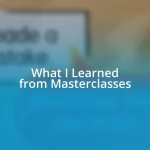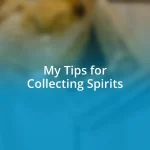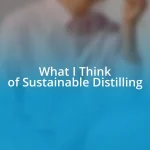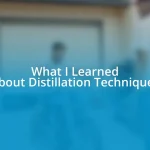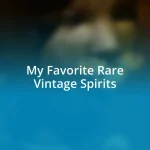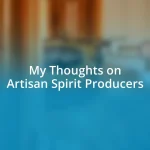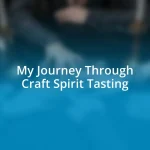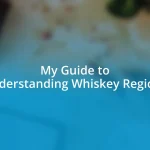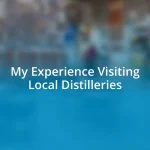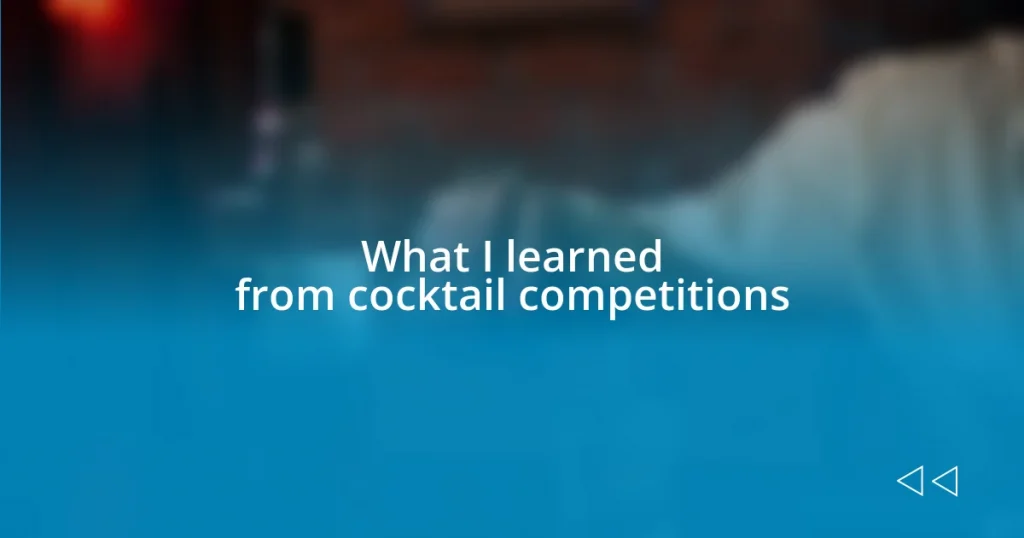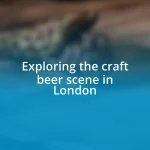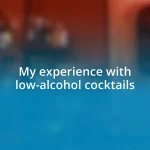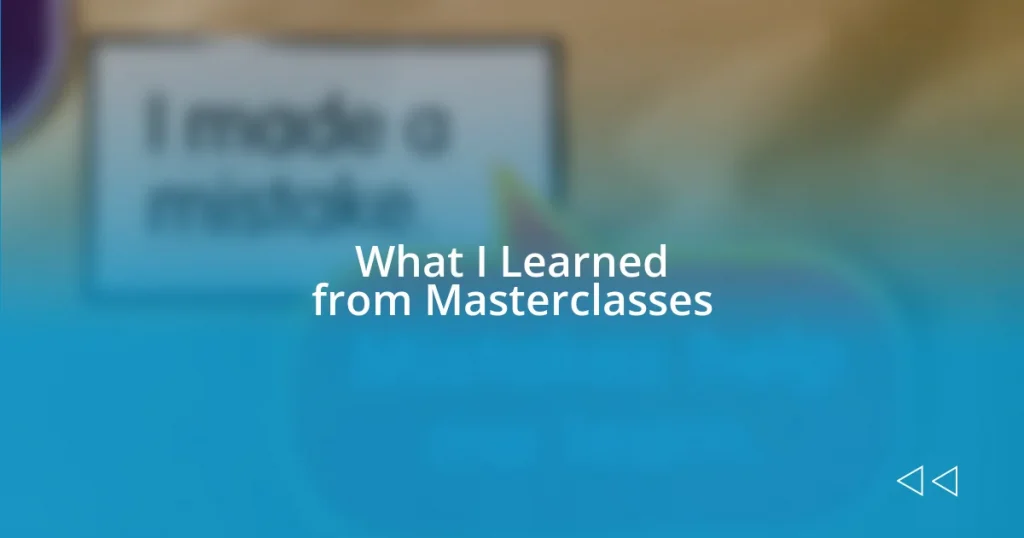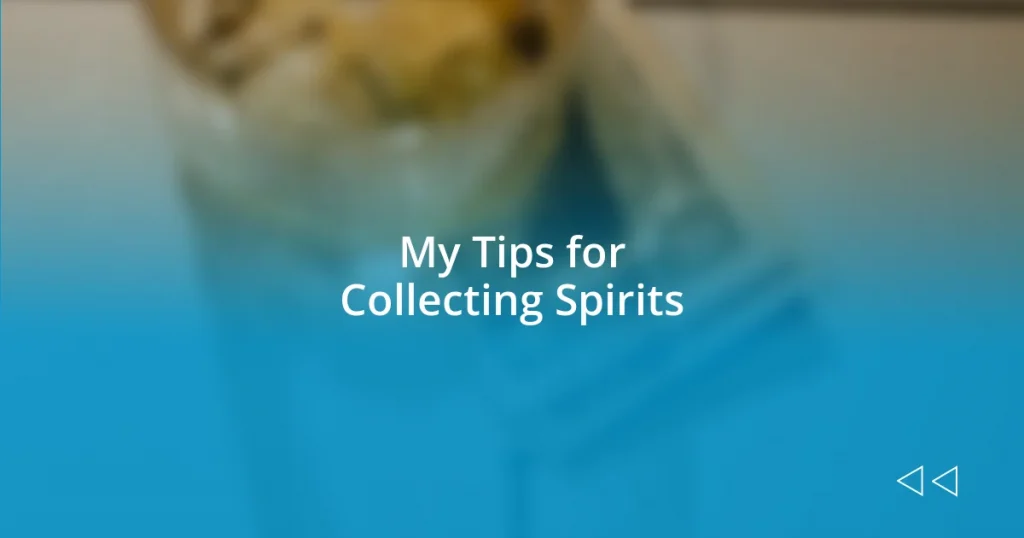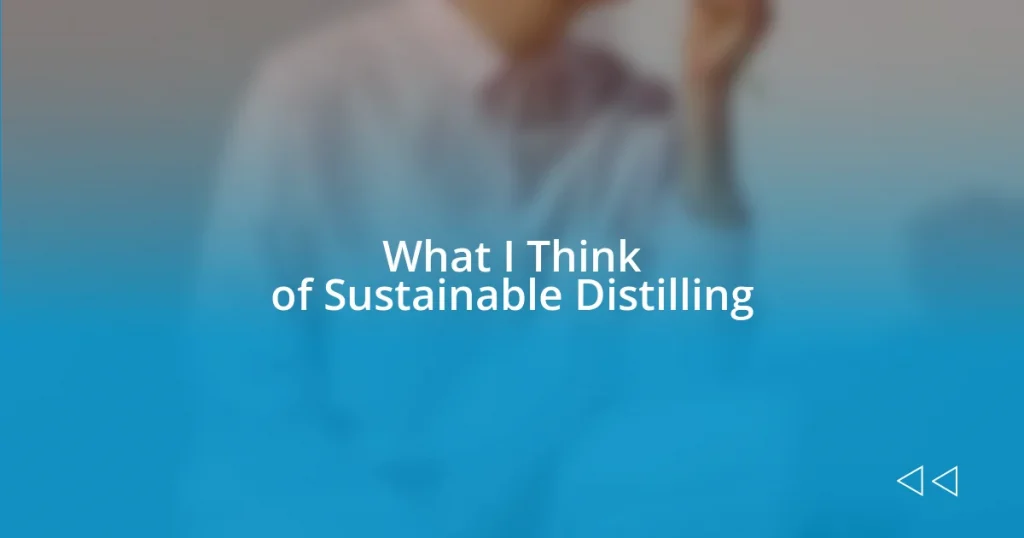Key takeaways:
- Cocktail competitions serve as platforms for personal growth, fostering skills such as adaptability, creativity, communication, and networking among bartenders.
- Receiving constructive feedback from judges enhances skills and inspires bartenders to refine techniques and innovate their cocktail creations.
- Effective presentation, including storytelling and confidence, plays a crucial role in engaging judges and elevating the overall experience of the cocktail presentation.
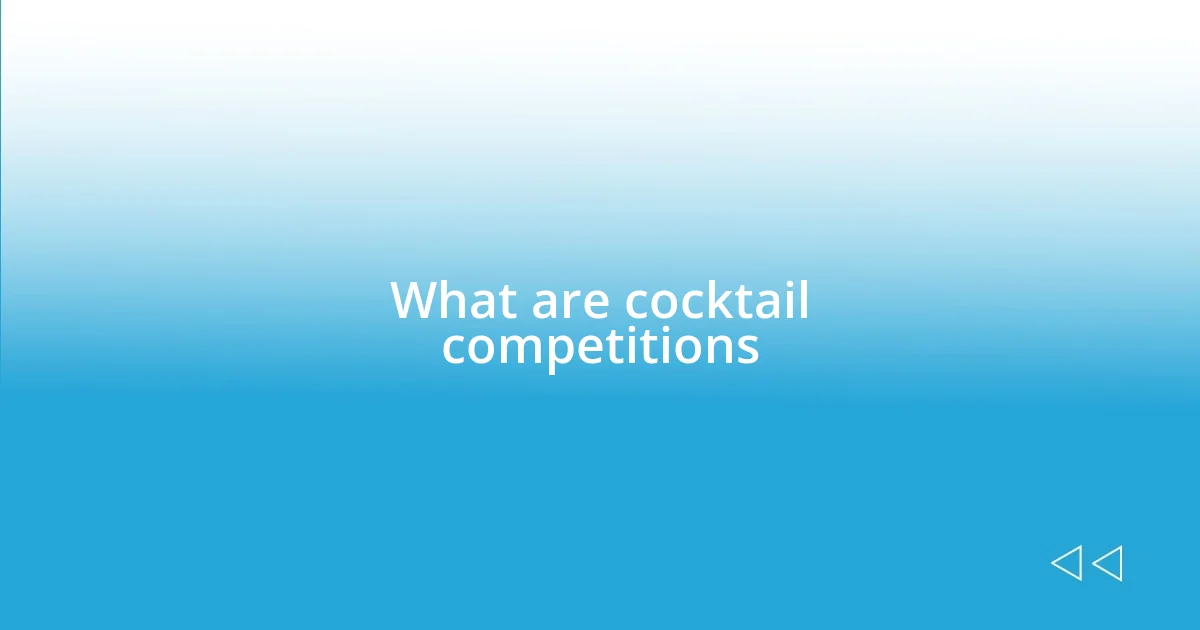
What are cocktail competitions
Cocktail competitions are vibrant events where bartenders showcase their creativity, technique, and flair. I remember stepping into my first competition filled with anticipation and a hint of trepidation. Watching the intense concentration on my fellow competitors’ faces reminded me how much passion and skill goes into every pour and garnish.
These events often involve crafting unique drinks under time constraints, judged by a panel of experts. I still get butterflies thinking about the moment I presented my concoction, every ounce of nervous energy converted into excitement. Isn’t it fascinating how a cocktail can be more than just a drink? It becomes a story, an expression of one’s personality, and in that moment, the bar transforms into an art gallery.
Participants not only compete, but they also share knowledge and techniques, fostering a sense of community. During one competition, a seasoned bartender took me under his wing, offering tips that I still use today. Don’t you find it inspiring when professionals push each other to elevate their craft? These competitions are not just about winning; they’re a celebration of creativity, resilience, and the art of mixology itself.
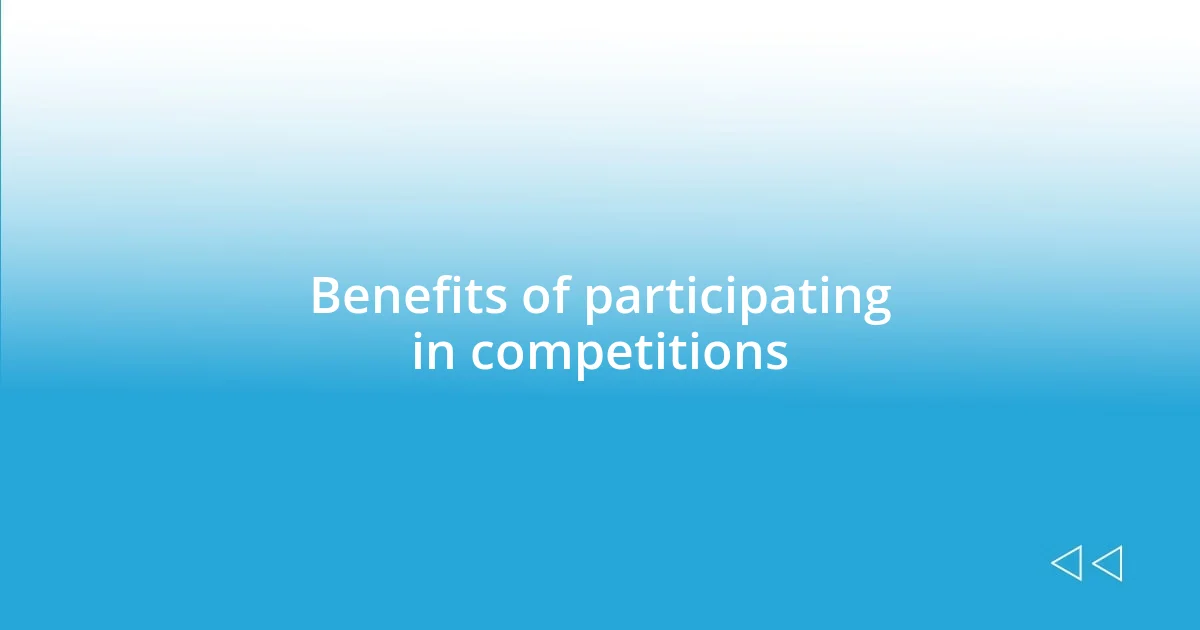
Benefits of participating in competitions
Participating in cocktail competitions can ignite a profound sense of personal growth. I remember after my first competition, I felt like I had leveled up—not just in bartending skills but in confidence too. The pressure of presenting my drink to the judges pushed me to break out of my comfort zone, forcing me to refine my technique and embrace creativity. Think about it: what other experiences can propel you to improve so quickly?
Moreover, these competitions often serve as a gateway to forming valuable connections within the industry. Networking with other bartenders can lead to mentorship and collaboration opportunities. I fondly recall meeting an incredible mixologist who invited me to guest bartend at her venue. That single competition opened up a world of professional relationships that I still cherish today. Isn’t it remarkable how a shared passion can create bonds that last beyond the event?
Lastly, competitions provide invaluable feedback from seasoned judges, giving participants insights that can be transformative. After I presented my cocktail, hearing constructive criticism from the panel felt like receiving a masterclass in mixology. Every tip and suggestion helped me hone my craft further. Can you see how this kind of critique can shape your journey as a bartender?
| Benefit | Description |
|---|---|
| Personal Growth | Boosts confidence and refines skills through pressure. |
| Networking | Fosters relationships with industry professionals and peers. |
| Feedback | Provides constructive criticism from expert judges to improve your craft. |
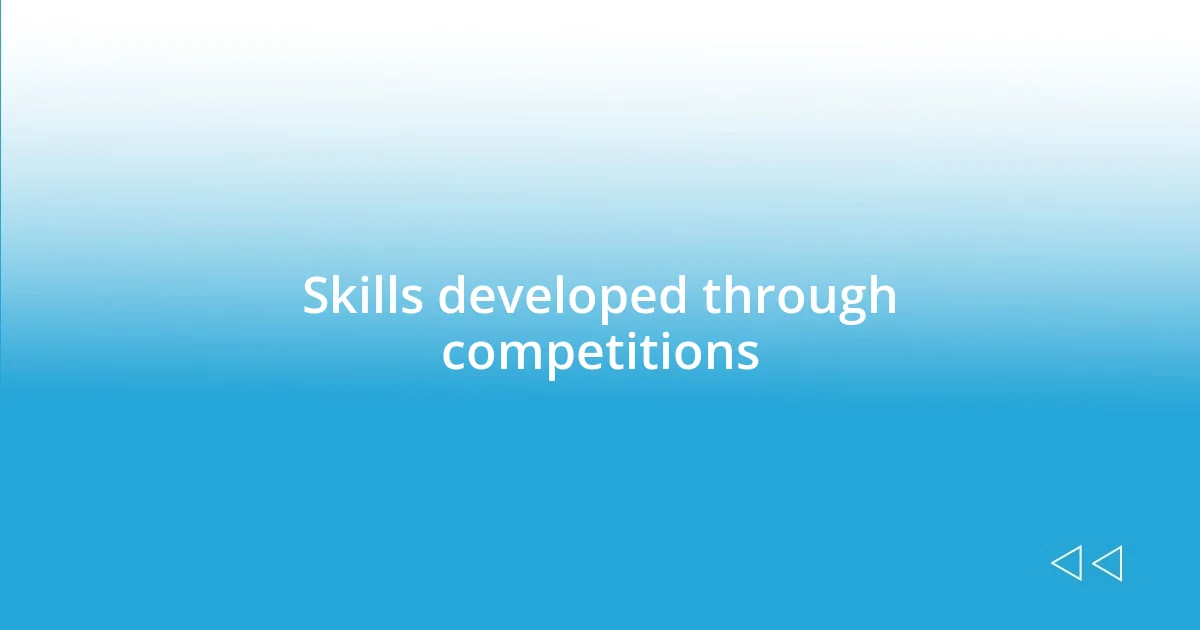
Skills developed through competitions
Participating in cocktail competitions has truly enhanced my skill set in numerous ways. For instance, I learned to think on my feet. One time, during a particularly competitive event, my original plan went awry when a key ingredient went missing. It forced me to improvise and create something new on the spot. The adrenaline rush taught me to adapt quickly and trust my instincts, a lesson that now influences how I handle unexpected situations behind the bar.
The skills I developed extend beyond just crafting cocktails; they encompass communication and presentation as well. Effectively conveying my cocktail concepts to the judges required clarity and enthusiasm. I still remember the moment I captivated the audience with the story behind my signature drink. It highlighted the importance of engagement—how you present your creation can be just as crucial as the taste. Here’s a breakdown of the key skills I developed:
- Adaptability: Thinking on my feet and improvising during unexpected challenges.
- Creativity: Exploring innovative ideas and techniques for unique flavors and presentations.
- Communication: Articulating my concepts and engaging the audience to elevate the overall experience.
- Time Management: Juggling multiple tasks and ensuring everything is executed flawlessly under pressure.
- Attention to Detail: Focusing on every element, from flavors to garnishes, to present an exceptional final product.
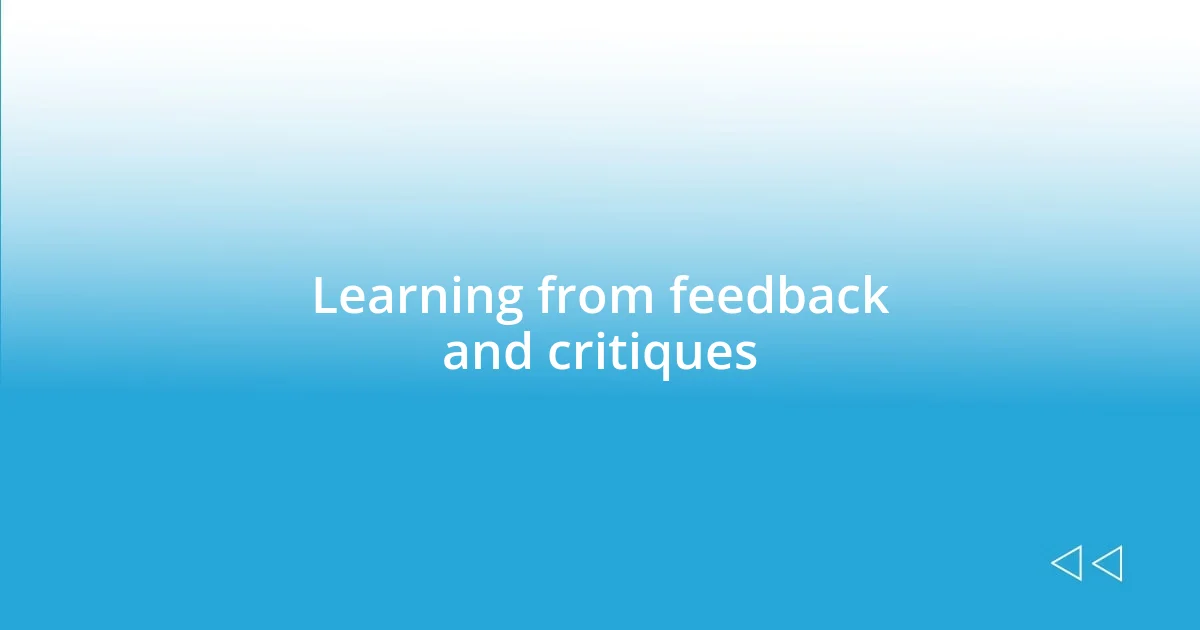
Learning from feedback and critiques
Receiving feedback in cocktail competitions can often feel like standing naked in front of a critical audience. I recall one competition where a judge pointed out my cocktail’s imbalance between sweetness and acidity. At first, it stung. But upon reflection, I realized that this constructive critique was an opportunity for growth. It illuminated my blind spots and pushed me to experiment with different flavor profiles. How often do we get such raw, honest input in our regular work environments?
Critiques have a unique way of rekindling our passion for the craft too. After one judge told me my presentation lacked enthusiasm, I took it to heart. I spent weeks practicing my storytelling skills alongside my cocktail recipes. It was invigorating to see how a simple comment could reignite my love for crafting drinks and engaging with others. Isn’t it fascinating how feedback can serve not just as a tool for improvement, but also as a source of renewed inspiration?
Moreover, feedback isn’t just a one-way street. I learned to see it as a dialogue. Engaging with judges after my presentation allowed me to ask questions about their critiques, transforming their insights into actionable strategies for future competitions. This exchange helped me develop a more nuanced understanding of what constitutes a well-rounded cocktail. It reminds me that every piece of feedback is a stepping stone toward mastery. How can we fully embrace that mindset in our professional journeys?
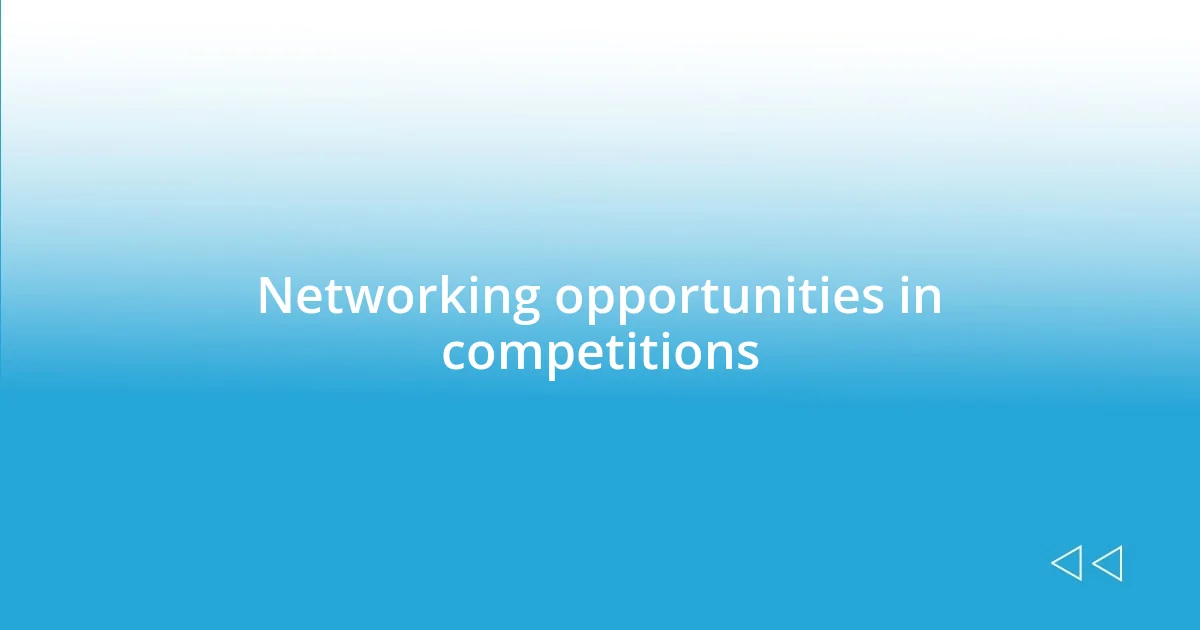
Networking opportunities in competitions
Networking in cocktail competitions opens countless doors that might otherwise remain closed. I always walked away with new contacts who shared my passion for mixology. One memorable evening, I struck up a conversation with a fellow competitor who introduced me to a local bar owner. That connection eventually led to a job opportunity I couldn’t have anticipated. It’s fascinating how a simple chat can steer your career in new directions.
During these competitions, you meet a diverse range of professionals. From fellow bartenders to industry experts, everyone comes together in one space with a shared love for cocktails. I remember being in a group where we exchanged tips on sourcing unique ingredients. That camaraderie felt electric—each person brought a different flavor to the conversation, much like our concoctions. Have you ever thought about how much you can learn from those around you? It’s not just about cocktails; it’s about building a supportive network that enriches your craft.
Additionally, many competitions also host workshops and panel discussions, further enhancing these networking opportunities. After a particularly insightful seminar on cocktail trends, I approached one of the speakers, hoping to gain insight into his success. He gave me his email, which resulted in a mentorship that has shaped my approach to creativity and innovation behind the bar. It truly highlights how these competitions are more than just a stage for showcasing skills; they are community-building platforms ripe with opportunities. Isn’t that a valuable part of the experience?
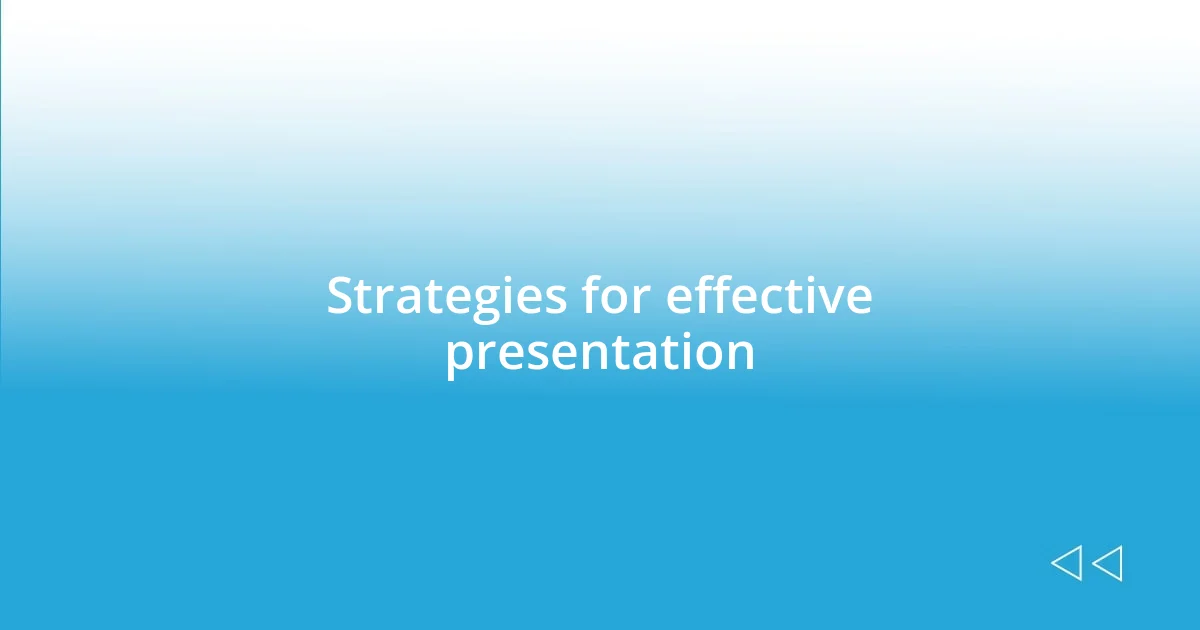
Strategies for effective presentation
In cocktail competitions, presentation is everything. I remember the first time I meticulously arranged the garnishes on my cocktail; it transformed how the drink was perceived. Instead of it just being a mixture in a glass, it became a piece of art that invited curiosity. Have you ever noticed how a beautifully presented dish draws you in before you even take a bite? It’s that same principle with cocktails—how they look can significantly impact the judges’ overall impression.
Using storytelling is another powerful strategy I learned during my journey. When I presented my signature cocktail, I didn’t just list the ingredients; I shared the inspiration behind it—a memory of a summer day spent in my grandmother’s garden. This personal touch made the judges connect emotionally with my drink, making it more memorable. Isn’t it amazing how a simple story can elevate an experience? It reinforces the idea that our cocktails can carry more than flavors; they can narrate our unique journeys.
Lastly, the role of confidence cannot be overstated. During one competition, my nerves almost got the better of me, but I decided to take a deep breath, smile, and enjoy the moment. Channeling that energy not only calmed my jitters but also created an engaging atmosphere. Judges can sense the passion behind your presentation, and it often translates into higher scores. It really makes me wonder: how much does our attitude influence our success? Embracing positivity might just be the secret ingredient to captivating your audience.
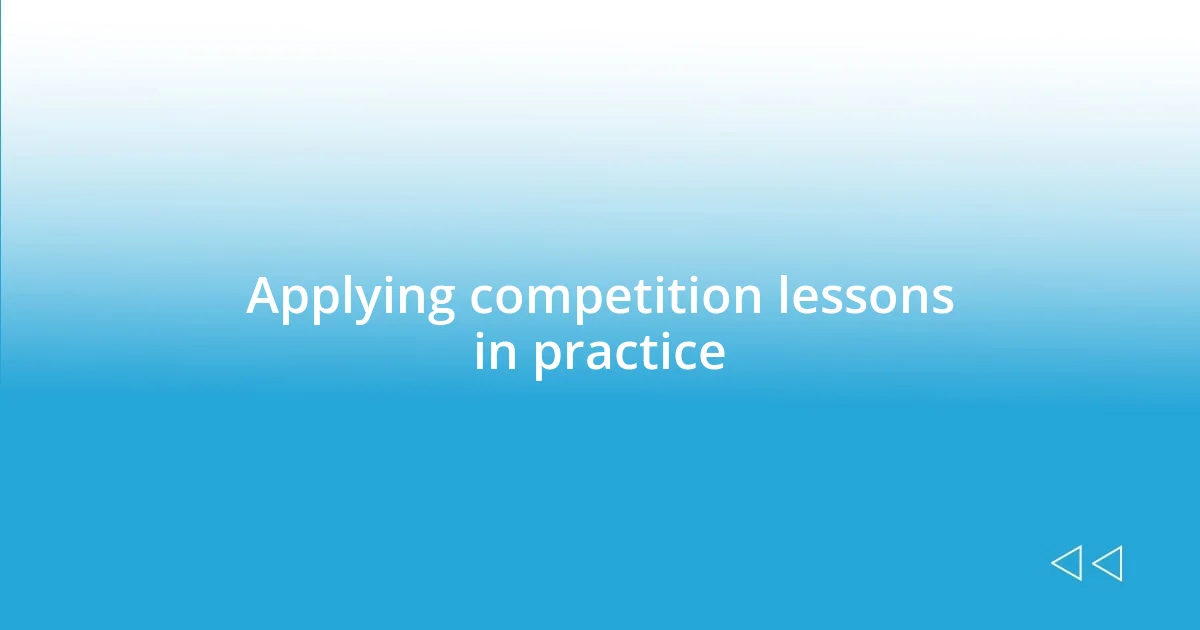
Applying competition lessons in practice
Applying the lessons learned in competition can profoundly impact my daily practices behind the bar. I remember a time when I adapted my cocktail techniques after observing a rival’s unique shaking method. It added an unexpected depth to my drinks. It really made me ask myself: how often do we overlook the value of learning from others just because they are our competitors? Sometimes, the simplest adjustments can lead to remarkable outcomes.
In my experience, the adrenaline of competition pushes me to refine my skills continuously. For example, after each contest, I make it a habit to analyze my performance critically—what worked, what didn’t, and how I can improve. This self-reflection not only bolsters my confidence but also enhances my creativity in crafting new cocktails. Have you ever taken a moment to reflect on your own experiences to uncover hidden opportunities for growth? It’s a process that I find incredibly enriching and necessary.
Moreover, I’ve incorporated the feedback I receive during these competitions into my routine. One judge once remarked about my use of a specific flavor profile, suggesting I explore it further. This prompted me to dive deep into that flavor and create an entire cocktail series around it. This approach to feedback transforms critiques into catalysts for innovation. Isn’t it fascinating how one comment can set in motion a whole new exploration? It truly emphasizes that every competition is not just a test but a treasure trove of lessons waiting to be discovered.

